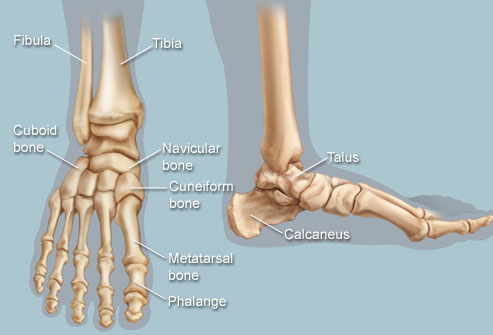Proper Shoe Fitting for Optimal Foot Health
Ensuring that you wear properly fitting shoes is more than just a matter of comfort; it’s a vital aspect of maintaining your overall foot health. Ill-fitting footwear is a surprisingly common source of foot injuries and can have a broader impact on your body’s structure, posture, and gait. Understanding how to select the right shoes can prevent pain and discomfort throughout the body, often rooted in foot-related issues.
Key Considerations for a Perfect Shoe Fit
Selecting the right shoes is crucial for foot health, comfort, and overall well-being. Here are expanded considerations to ensure you find a perfect shoe fit:
Understand Your Foot Measurements
- Measure Regularly: Foot size can change over time due to factors like aging, weight fluctuations, and pregnancy. Measure your feet at least once a year or before purchasing new shoes.
- Consider Width and Length: Ensure both the length and width of your shoes correspond to the dimensions of your feet. Some individuals may require wide or narrow options for the best fit.
- Account for Different Brands: Sizing can vary significantly between brands. Always try shoes on or check the brand’s sizing chart if purchasing online.
Assess Shoe Structure
- Heel Support: The heel should fit snugly without slipping. Shoes that allow your heel to slip out can lead to blisters and instability while walking.
- Toe Room: Ensure there’s about a thumb’s width of space between your longest toe and the front of the shoe to allow for natural foot expansion while walking.
- Arch Support: Shoes should support the natural arch of your foot. Proper arch support is crucial for comfort and to prevent foot fatigue.
Evaluate Flexibility and Material
- Flexibility: Shoes should bend at the toes but provide resistance towards the middle and heel, mimicking the foot’s natural movement.
- Breathable Materials: Look for shoes made from natural, breathable materials like leather or canvas to prevent moisture buildup and reduce the risk of fungal infections.
Test for Comfort and Function
- Walk Around: Spend time walking in the shoes on different surfaces if possible. Shoes should feel comfortable and supportive without any pinching or discomfort.
- Consider Activity Type: The shoes you choose should be appropriate for their intended use—running shoes for running, hiking boots for trails, etc. Each activity demands specific features for optimal performance and injury prevention.
Pay Attention to Insoles and Outsoles
- Insoles: Check if the shoe insoles provide enough cushioning and support. Consider removable insoles that can be replaced with custom orthotics if needed.
- Outsoles: Look for outsoles that offer good traction and are suited to your activities. This is particularly important for outdoor and athletic footwear.
Time of Day
- Shop in the Afternoon: Feet tend to swell throughout the day. Shopping for shoes in the late afternoon or evening can help ensure a fit that is comfortable throughout the day.
The Impact of Footwear on Foot Health
The feet, complex structures with 33 joints, 26 bones, and over 100 ligaments, are highly susceptible to damage from improper footwear. Choosing shoes that fit well is crucial in safeguarding the intricate anatomy of your feet and by extension, promoting your overall well-being.

Adapting to Changes in Foot Shape
It’s essential to recognize that our feet continue to evolve in shape as we age, even if their size remains constant. Regularly measuring your feet before purchasing new shoes can help accommodate these changes and ensure a good fit.
Special Considerations for Existing Foot Conditions
For individuals with pre-existing foot issues, the importance of wearing correctly fitting shoes cannot be overstated, as improper footwear can exacerbate these conditions. Taking the time to find shoes that offer the right support and fit can make a significant difference in managing and improving foot health.
Conclusion
Selecting the right footwear is a fundamental step in maintaining foot health and preventing injuries. Remember, the shoes you choose play a crucial role in supporting not just your feet, but your entire body’s posture and biomechanical function. Investing in properly fitting shoes is an investment in your overall health and well-being. If you experience persistent foot pain or discomfort, or if you have specific foot conditions that require attention, consulting with a podiatrist can provide you with personalized advice and solutions tailored to your needs.

